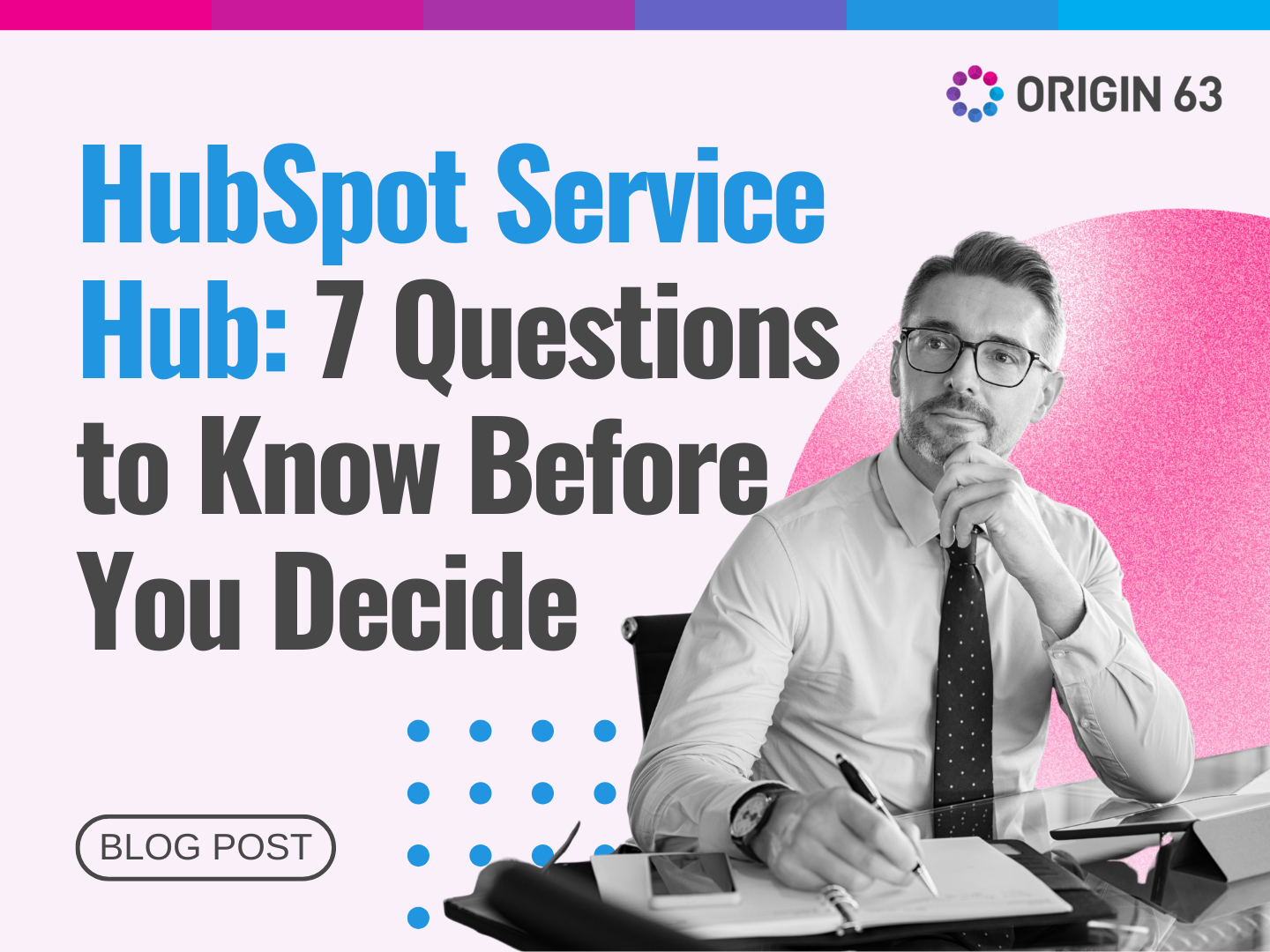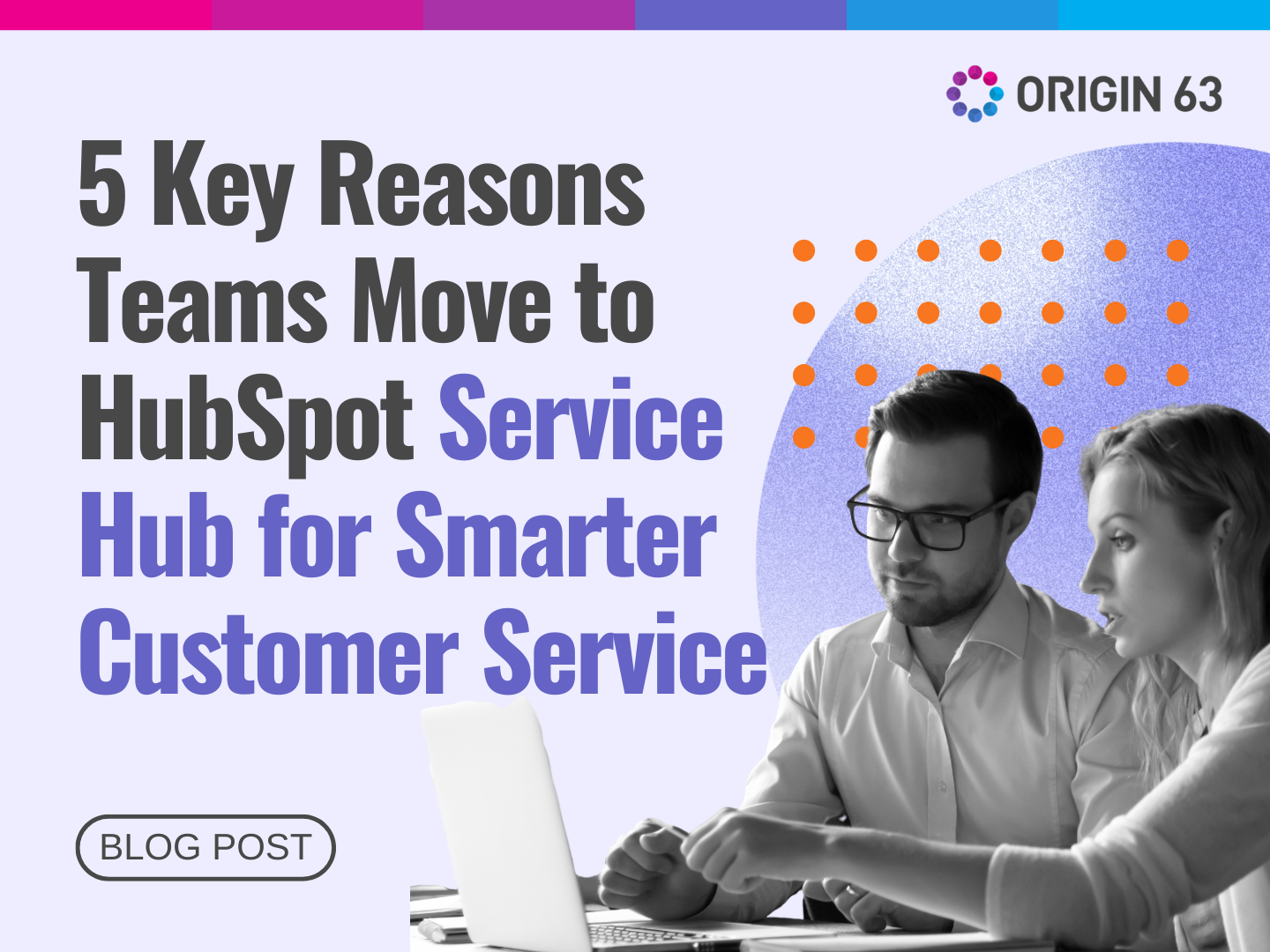Your business is growing, and customer inquiries are pouring in. Your small, dedicated support team is working around the clock, but they're stretched thin. Sound familiar? Here's the problem: One customer service team can't do everything—especially as you scale.
You should choose the right team depending on your business needs. When you have the right teams, they're not burned out and can work at their best. The result? Happier customers and a thriving business.
This blog will explain the different types of customer service teams and help you understand which ones might be the best fit for your business. We'll explore their roles, when they're most useful, and how they can contribute to overall customer satisfaction.
10 Types of Customer Service Teams

When you think of customer support, you might imagine a room full of people answering phones. But the reality is much more diverse. There are several types of customer support teams, each with its specialty.
Let's break them down:
1. Community Support
Community support is your frontline team on social media platforms. These people respond to customer queries, comments, and mentions on Twitter, Facebook, and Instagram.
One in five Gen Z, Millennials, and Gen X prefer social media DMs for customer service. A community support team is essential if your customers are active on social media and often reach out through these channels.
They can quickly address issues in a public forum, showing other customers (and potential customers) how responsive and helpful your company is.
Community Support teams shine in businesses with a strong social media presence. You need this team if your customers love to engage on platforms like Instagram or Twitter.
They can quickly address public concerns and turn potential PR issues into opportunities to showcase great customer service.
2. Support Specialists
These are your traditional customer service representatives. They handle inquiries via phone, email, and live chat. They're the jacks of all trades in customer support, able to handle a wide range of issues.
Support specialists are the backbone of any customer service operation. They're often customers' first point of contact and can greatly influence their perception of your brand.
Support Specialists are the backbone of customer service for almost any business. They're particularly valuable if you have a diverse customer base or offer complex products.
Companies like telecom providers or software firms benefit greatly from these versatile team members who can handle various inquiries and adapt to various customer needs.
3. Knowledge Base Team

This team creates and maintains a library of information about your products or services. They write articles, FAQs, and how-to guides that customers can access independently.
63% of customers start with a search on a company's online resources when they have an issue and 91% say they would use a knowledge base if it meets their needs.
A good knowledge base empowers customers to find answers independently, which many prefer. For your business, it reduces the number of simple queries your support team has to handle, allowing them to focus on more complex issues.
A Knowledge Base Team is a game-changer for tech companies, SaaS businesses, or any company with products that have a learning curve.
If your customers often have similar questions or your product needs some explanation, this team can create resources that allow customers to find answers quickly without contacting support. This improves the customer experience and reduces the load on your support team.
4. Developer Support
If you're a SaaS company or have a product that requires technical integration, you need developer support. These are the tech-savvy folks who can speak the language of code.
Developer support helps other developers use your product effectively. They might assist with API integrations, troubleshoot code-related issues, or help with app management.
Developer Support is essential for SaaS companies, API providers, or any business offering developer tools. If other developers use your product or require technical integration, this team makes your offering more accessible and appealing.
Companies like payment processors or communication API providers find this team invaluable in supporting their technical clientele.
5. Product Experts
Product experts are your go-to people for complex, in-depth product questions. They have a deep understanding of your product's features and capabilities.
When a customer has a question that goes beyond the knowledge of your frontline support team, it's time to bring in the product experts. They can handle advanced troubleshooting, explain complex features, and provide detailed product information.
Product Experts are integral for companies with sophisticated or highly customizable products. They're particularly valuable for B2B software companies, high-end electronics manufacturers, or businesses offering professional-grade tools.
If your product has many features or can be used in complex ways, these experts can guide users through advanced features and workflows, ensuring customers get the most out of your product.
6. Self-Service Support

81% of customers try to solve issues independently, and 88% expect brands to have an online self-service portal. That's where self-service support comes in. This team creates content to help customers navigate your product or service independently.
FAQs, step-by-step guides, video tutorials, and interactive troubleshooting tools are all part of their arsenal. These resources are available 24/7, allowing customers to solve issues at their own pace and convenience.
E-commerce platforms and tech companies often benefit most from robust self-service support. With millions of users, having a comprehensive self-help system can significantly reduce the load on other support channels while improving customer satisfaction.
7. Customer Onboarding
Getting started with a new product can be daunting, especially if it's complex. That's why customer onboarding teams are so valuable. 63% of customers consider the company's onboarding program when purchasing.
Onboarding guides new customers through the initial setup and training, ensuring they understand how to use the product effectively.
This approach leads to higher customer satisfaction and retention. When users quickly see the value in your product, they're more likely to stick around and become loyal customers.
SaaS companies and businesses with complex B2B solutions often find onboarding teams essential. If your product has a steep learning curve or numerous features, a dedicated onboarding team can make all the difference in user adoption and long-term success.
8. Partner Services
Businesses that rely on resellers, affiliates, or other partners need partner services teams. These specialized support units provide dedicated assistance to your business partners, helping them better understand your product and sell more effectively.
Offering specialized support to partners means indirectly supporting your end customers, too. Partners well-versed in your product can provide better service to their clients, enhancing your brand's reputation.
Strong partner services teams are often beneficial in software, telecommunications, and manufacturing industries. These teams help maintain and strengthen partnerships, ultimately expanding the business's reach more efficiently.
9. Customer Success
Customer success teams take a proactive approach to customer service. Instead of waiting for problems to arise, they work closely with clients to ensure they're getting the most value from your product or service.
These teams are particularly valuable for subscription-based businesses or those with high-value clients. They focus on retention and upselling, helping to maintain strong relationships with key customers and increase their lifetime value.
SaaS companies and professional services firms often employ customer success teams. By helping clients achieve their goals using your product, these teams can significantly boost customer satisfaction and loyalty.
10. Professional Services
Sometimes, customers need support that goes beyond typical service offerings. That's where professional services teams come in. They provide specialized consulting, training, or technical support that's often more in-depth than standard customer service.
These teams are valuable for businesses with complex products or those serving enterprise clients. They offer customized solutions and in-depth expertise, enhancing the overall customer experience.
IT consulting, business software, or specialized equipment companies often have professional services teams. Not only do these teams provide premium support, but they can also generate additional revenue through their specialized offerings.
Factors to Consider When Choosing Teams

Choosing the right mix of these teams depends on your business model, product complexity, and customer needs. Tailoring your customer service approach lets you create a support system that truly resonates with your audience and drives business growth.
Let’s talk about these factors:
Business type and size
Are you a startup with a handful of employees or a multinational corporation? Your business size greatly influences your customer service needs.
A team of versatile support specialists might be your best bet for small businesses or startups. They can handle various tasks, from answering phone calls to responding to emails and social media inquiries.
For instance, a local boutique might have a small team that manages all customer interactions.
Larger companies, on the other hand, can afford to have specialized teams. For example, a tech giant like Microsoft might have separate teams for community support, knowledge base management, and developer support.
Product or service complexity
How intricate is your offering? The more complex your product or service, the more specialized your support might need to be.
A general support team might suffice if you're selling something straightforward like clothing or home goods. But if you're offering a complex software solution or technical product, you might need teams like developer support or product experts.
Take a company like Adobe. Their suite of creative software is feature-rich and complex. They benefit from having product experts who can guide users through advanced features and a robust knowledge base for self-service support.
Customer needs and preferences
When choosing the right team, you should also understand your customers. Do they prefer self-service options or personal interactions? Are they tech-savvy, or do they need more hand-holding?
Investing in a strong self-service support system and community support team might be wise if your customers are mostly young, tech-savvy individuals.
On the other hand, if you're dealing with older or less tech-savvy customers, you might want to focus on having excellent phone support with patient, well-trained support specialists.
Budget considerations

Your budget plays a significant role in shaping your customer service strategy.
If you have a big budget, you can afford to have multiple specialized teams. This allows for more comprehensive coverage and potentially higher-quality support. For example, a large SaaS company might have separate onboarding, customer success, and technical support teams.
However, you’ll need to prioritize if you're working with a limited budget. Focusing on a small team of well-trained support specialists who can handle various tasks might be more cost-effective in this case.
As your business grows, you can then consider adding more specialized teams.
Tips for Implementing Customer Service Teams
You don’t need every type of team. Instead, your business will benefit from choosing the right mix that serves your customers best within your means.
Here are a few tips to keep in mind:
1. Start small and scale
Begin with a core team of support specialists who can handle various tasks. As your business grows and you better understand your customers' needs, you can introduce more specialized teams.
For example, you might start with general support and then add a knowledge base team once you notice recurring questions that could be addressed through self-service options.
It's okay to wear multiple hats at first. Your community support might initially be handled by the same people doing general customer support. As volume increases, you can consider separating these functions.
2. Focus on training and development
The strength of your customer service lies not just in the structure of your teams but in the skills and knowledge of your team members. Invest in comprehensive training programs for your staff.
This doesn't just mean teaching them about your product or service. Focus on developing soft skills like empathy, patience, and clear communication.
Also, make sure your team stays updated on any changes to your products or services. Regular refresher courses and product updates can help ensure your support team always provides accurate information.
3. Use customer feedback to improve
Your customers are a goldmine of information regarding improving your service. Regularly collect and analyze customer feedback to identify areas for improvement.
This could be done through surveys, monitoring social media mentions, or analyzing common themes in support tickets.
If you notice many customers struggling with a particular feature, it might be time to beef up your knowledge base content on that topic or consider whether the feature needs improvement.
Don't just collect feedback—act on it. Show your customers that their input matters by making visible changes based on their suggestions. This will not only improve your service but also build customer loyalty.
4. Invest in a CRM Platform

Alt Image Description:
A CRM platform can assist your customer service efforts. It lets you centralize customer information, track interactions, and streamline support processes.
With a good CRM, your team can quickly access a customer's history, making it easier to provide personalized and efficient service. It can also help you identify trends, measure team performance, and make data-driven decisions to improve your customer service strategy.
A CRM like HubSpot can be a good start. It has all the features you’ll need without a steep learning curve.
Tailoring Your Customer Service for Success
There is no one-size-fits-all approach to customer service teams. You should understand your business needs, customer preferences, and resources and tailor your approach accordingly.
Whether starting with a small team of support specialists or building out specialized departments, quality customer service meets your customers where they are and exceeds their expectations.
Start small, focus on training, leverage customer feedback, and invest in tools like a CRM platform. As you grow, continually reassess and adjust your strategy. With the right mix of teams and a customer-centric approach, you can provide outstanding service that drives customer satisfaction and business growth.
Elevate Your Customer Service with Origin 63 and HubSpot
Partner with Origin 63 and leverage the power of HubSpot's CRM platform. We'll help you implement a customer service strategy tailored to your business needs, whether you're a small team looking to scale or a larger organization aiming to optimize your operations.
With HubSpot's robust CRM tools and Origin 63's expertise, you'll be equipped to manage customer relationships effectively, streamline your support processes, and deliver exceptional service at every stage of your growth.
Contact Origin 63 today to learn how we can help you transform your customer service with HubSpot!













.png?width=90&height=90&name=Arrows%20Partner%20Badge-test%20(1).png)

